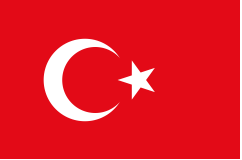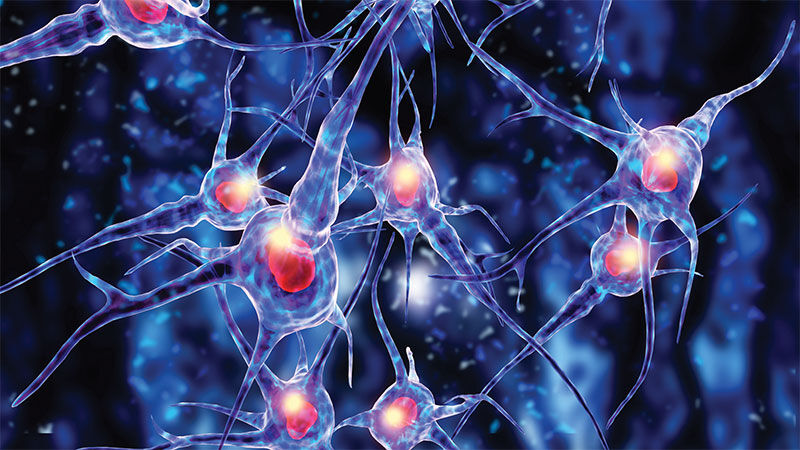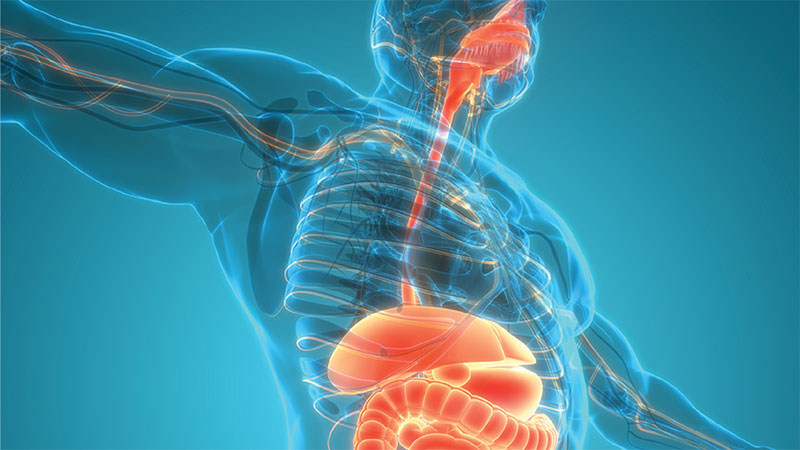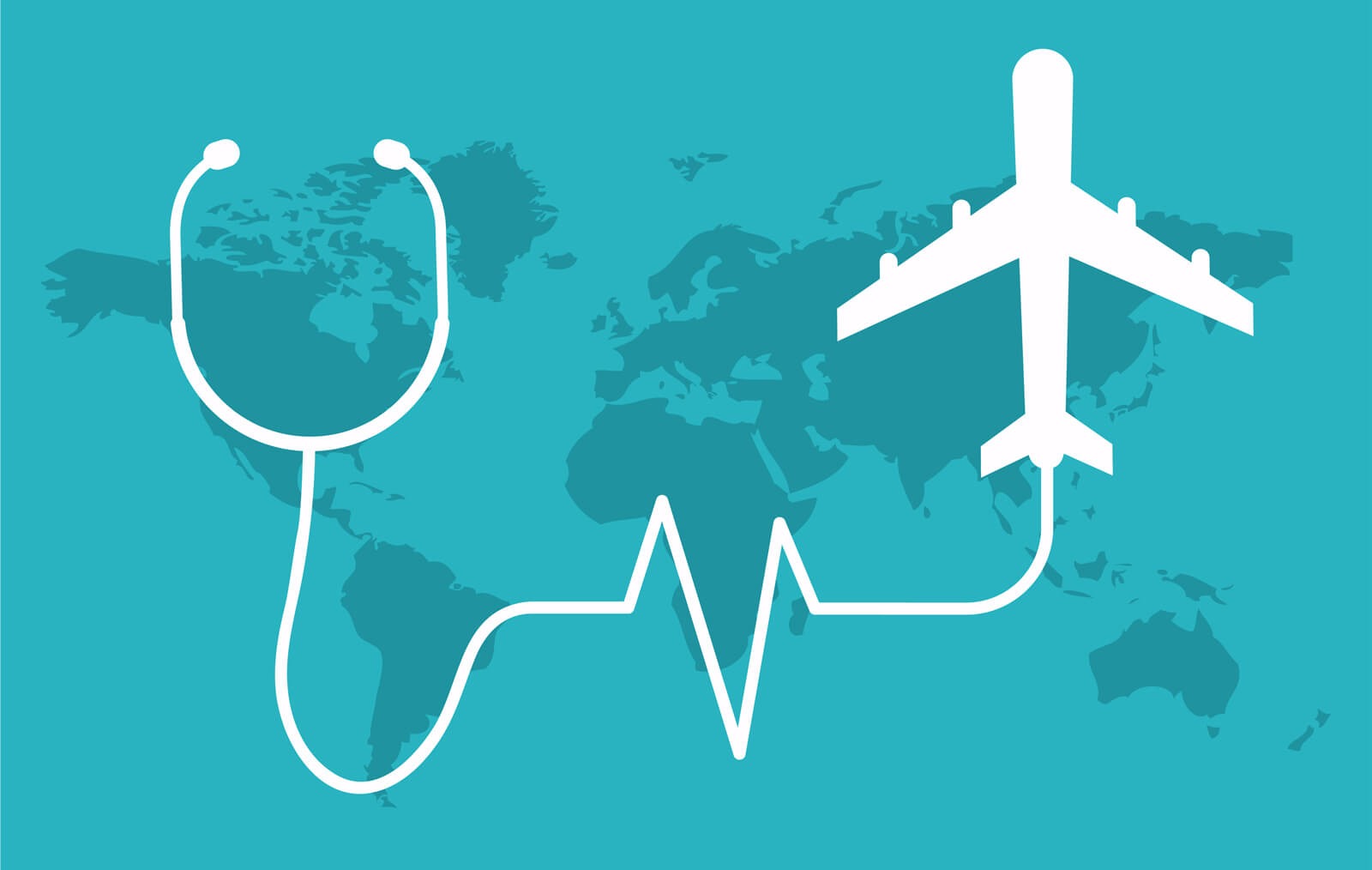Ankara Obesity
Ankara Obesity
Obesity is one of the most important health problems of developed and developing countries. Obesity is the increase in body weight relative to height above the desired level as a result of an excessive increase in the ratio of body fat mass to lean mass.
As it is known, nutrition; It is an indispensable need of life that starts in the mother's womb and continues until the end of life. It is the ability of a person to take in sufficient and balanced amounts of nutrients necessary for growth, development and to live a healthy and productive life for a long time and use them in the body. It is not to fill the stomach, suppress hunger, eat or drink what you want.
In daily life, individuals (pregnant, lactating, infant, school child, young, old, worker, athlete, cardiovascular, diabetes, high blood pressure disease, respiratory tract disorders, etc.) age, gender, job, genetic and physiological characteristics and disease It needs daily energy that changes according to its condition.
In order to maintain a healthy life, the energy consumed and the energy consumed must be kept in balance. Adipose tissue constitutes 15-18% of body weight in adult men and 20-25% in women. If this rate is over 25% in men and over 30% in women, obesity constitutes. If the daily energy intake is more than the energy spent, the energy that cannot be spent is stored as fat in the body and causes obesity. Parallel to this, developments in today's technology have made life easier, but have significantly limited daily movements.
As can be understood, obesity; It is considered as a disease that occurs as a result of the energy (calories) taken with food is more than the energy consumed and the excess energy is stored as fat in the body (20% or more), which negatively affects the quality and duration of life. Obesity is defined by the World Health Organization (WHO) as excessive accumulation of fat in the body to the extent that it impairs health.
- Days Locations 2 / Treatments

























